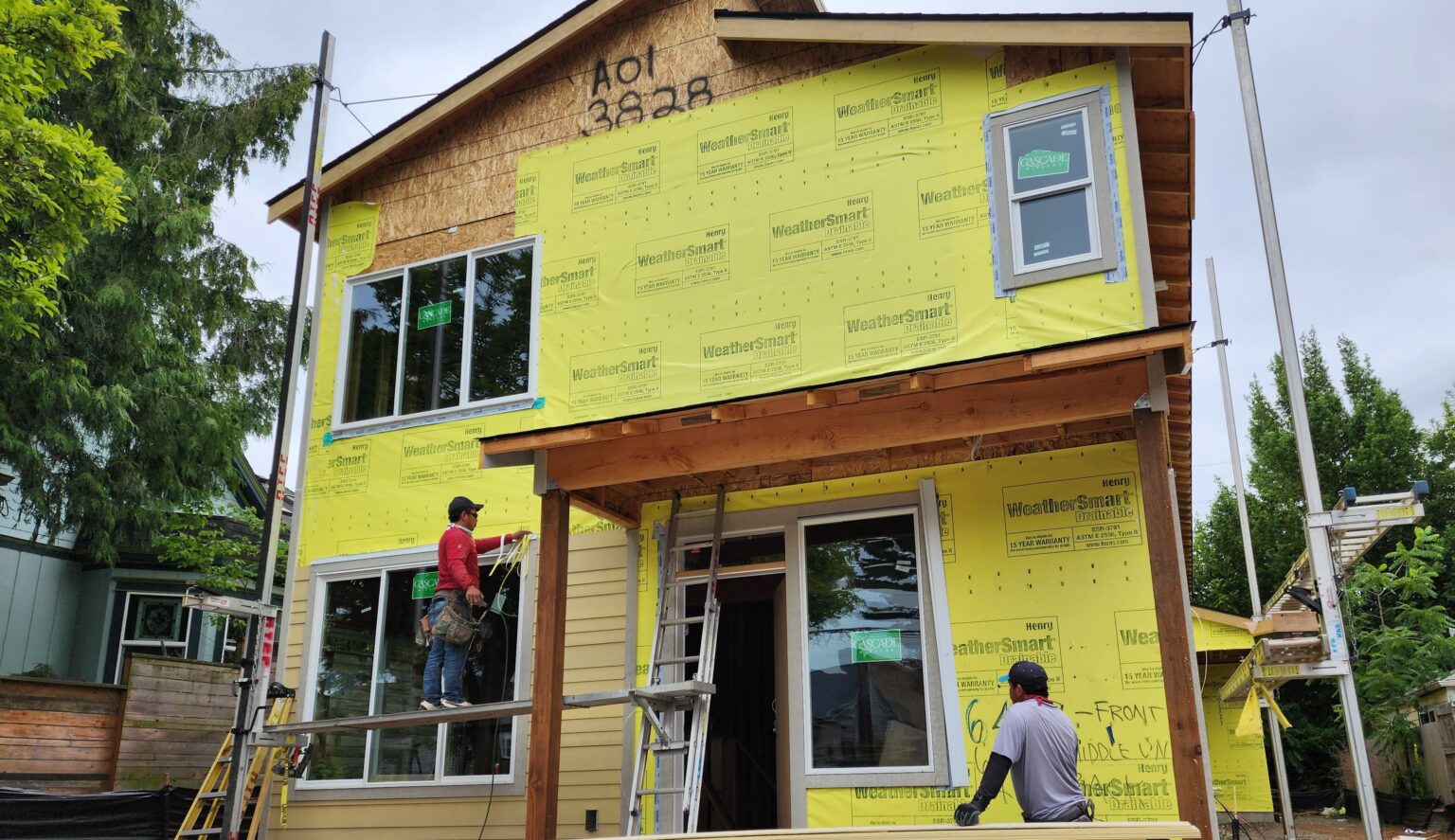Capital Chatter: Democrat meets with constituents
Published 8:00 am Thursday, November 14, 2019

- Capital Chatter: The real reason that HB 2020 failed
Several of my recent columns have focused on Republicans. So last weekend I went the other way. I dropped in on the least-Republican of Oregon’s 30 state Senate districts.
District 22 stretches across north and northeast Portland and is represented by Lew Frederick, who has an intriguing background in broadcast journalism, science, theater, teaching and other areas.
As of this month’s state voter registration statistics, a mere 5,218 Republican voters exist in this district. They live alongside 58,356 Democrats, 29,586 voters who don’t belong to any party and about 6,000 voters who have joined smaller political parties.
Yet the district is demographically mixed in other ways, including economically.
Frederick was holding his regular Second Saturday gathering for constituents and any other interested persons. This was the first time it was held St. Johns Library, which was delightfully busy. Reading is not dead.
Although smaller than usual at about two dozen folks, the group was lively and engaged. People came both with burning questions and out of curiosity. The give-and-take conversation went for 90 minutes, ranging from climate change to music education to taxes.
These gatherings are a chance for Frederick to hear from folks and what their issues are, and for him to serve as a conduit for what is actually going on in Salem.
One man said he was there because an environmental organization had urged people to attend. He recounted that he had taken his son to the Oregon Capitol in June when the state Senate was scheduled to act on House Bill 2020, the carbon cap and trade legislation known by its backers as Clean Energy Jobs. He said supporters had the votes to pass the bill and he remained angry that Senate President Peter Courtney had announced that they did not.
“Are we really an environmental leader or are we an industrial forest with good P.R.?” the man asked dejectedly.
Frederick sought to debunk the lingering myth that supporters had lined up 16 votes in the 30-member Senate, saying there was significant arm-twisting and negotiating. Courtney pushed hard but he didn’t have the votes, Frederick said.
He said there’s a great chance the 2020 Legislature will pass some form of climate change legislation. Republican senators, who twice boycotted this year’s session, say they will show up, but no one knows for certain what will happen.
Rolling coal: The environmental discussion at the meeting had begun with “rolling coal,” in which the owner of large diesel pickup manipulates emissions controls so the vehicle intentionally emits black smoke.
The man told of being “coal rolled” while at his fuel-efficient Prius in a parking lot and moments later seeing the truck’s driver doing the same thing to an African American girl passing by. Frederick, who is African American, said he has endured similar incidents in Portland as an adult. And when he was growing up in the South, he later told me, the weapons of choice for his harassers were ice, hot ashes and glass bottles.
Such actions should be unconscionable to any Oregonian. If it were mere coincidence in this case, the driver should have stopped and apologized.
What is further surprising is that the vehicle was pulling a trailer with the name of an Oregon company. The meeting participants asked for the company’s name, wrote it down and promised to act. Reputation, reputation, reputation.
In conclusion, if you have not attended one of your legislator’s town hall meetings, I encourage you to do so. In the meantime, here are a few more tidbits from Sen. Fredrick’s:
Workload: Oregon clings to the notion of citizen-lawmakers — that being a legislator is a part-time job. Even now when the Legislature is not in session, Frederick puts in 45-60 hours a week. Years ago he took a speedreading course, and it has proved helpful.
Child welfare in Oregon: “We have tried to be as cheap as possible and the result is we have not had the capacity to be as effective as possible.”
China: Frederick visited China on a trip arranged through the Oregon China Council. A Chinese company has developed a battery with the capacity to power 10 homes. He visited three schools and saw different approaches to using technology for teaching.
Voter fraud: Oregon’s election systems are in good shape compared with much of the nation.
Columbia River Crossing: It was a $4 billion project that would have improved commute times by one minute. Frederick is a member of the Legislature’s new committee looking at a new interstate bridge replacement project with Washington state.
2020 legislation: Senators are allowed to introduce one bill in the five-week 2020 Legislature. Frederick has narrowed his choices but not made a final decision.
Dick Hughes, who writes the weekly Capital Chatter column, has been covering the Oregon political scene since 1976. Contact him at TheHughesisms@Gmail.com , Facebook.com/Hughesisms, YouTube.com/DickHughes or Twitter.com/DickHughes.





